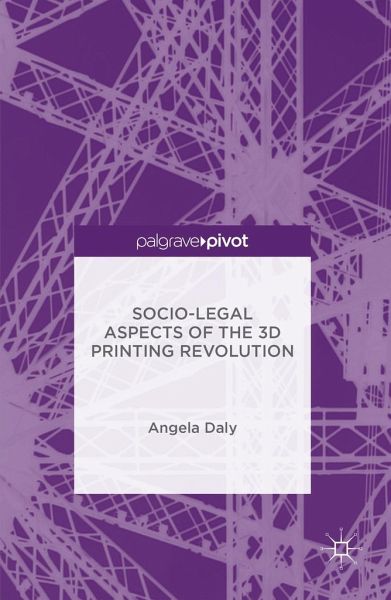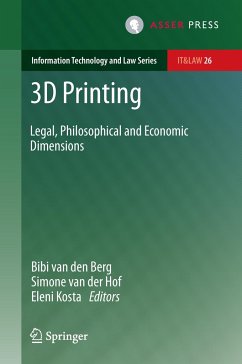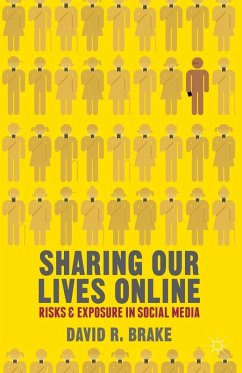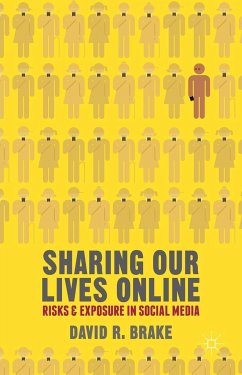
Socio-Legal Aspects of the 3D Printing Revolution

PAYBACK Punkte
19 °P sammeln!
Additive manufacturing or '3D printing' has emerged into the mainstream in the last few years, with much hype about its revolutionary potential as the latest 'disruptive technology' to destroy existing business models, empower individuals and evade any kind of government control. This book examines the trajectory of 3D printing in practice and how it interacts with various areas of law, including intellectual property, product liability, gun laws, data privacy and fundamental/constitutional rights. A particular comparison is made between 3D printing and the Internet as this has been, legally-s...
Additive manufacturing or '3D printing' has emerged into the mainstream in the last few years, with much hype about its revolutionary potential as the latest 'disruptive technology' to destroy existing business models, empower individuals and evade any kind of government control. This book examines the trajectory of 3D printing in practice and how it interacts with various areas of law, including intellectual property, product liability, gun laws, data privacy and fundamental/constitutional rights. A particular comparison is made between 3D printing and the Internet as this has been, legally-speaking, another 'disruptive technology' and also one on which 3D printing is partially dependent. This book is the first expert analysis of 3D printing from a legal perspective and provides a critical assessment of the extent to which existing legal regimes can be successfully applied to, and enforced vis-à-vis, 3D printing.












